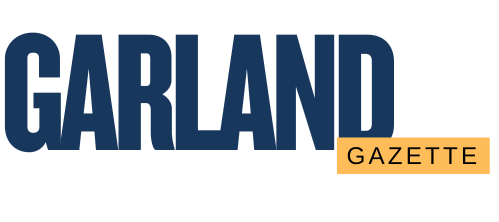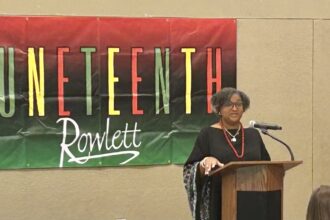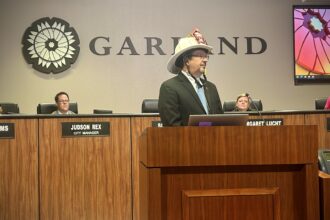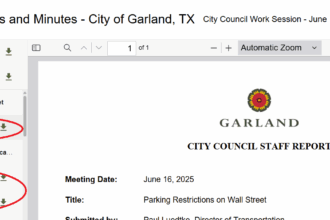Garland, TX – The recent legislative session in Texas has ushered in changes to the electoral landscape, particularly for municipalities in the Dallas County area that are not the city of Dallas. With the approval of Senate Bill 1494 and House Bill 3546, local officials and residents are now grappling with the implications of these new laws, especially in light of the City of Dallas’s voter-approved decision to move its municipal elections to November.
In November 2024, voters in Dallas overwhelmingly supported a change to align their municipal elections with odd-numbered election years. However, to implement this change before the recent legislative session, municipalities needed to seek approval from Austin. The good news is that not only did Dallas receive the green light, but the Legislature also made it easier for other municipalities to follow suit, allowing them to move their elections to November as well.
The implications of this legislation are especially significant for cities like Garland, Rowlett, and Sachse, which collaborate with Dallas to conduct elections. Currently, these municipalities participate in a countywide polling place program, allowing them to share costs among the various entities involved. This collaborative approach not only helps reduce expenses but also streamlines election administration.
However, a challenge for the Tri-Cities is that they span multiple counties. This situation is not unique; the City of Dallas also extends across several counties, including Dallas, Collin, Denton, Kaufman, and Rockwall. This means that the Tri-Cities can effectively share election costs in the counties they have in common with Dallas should these municipalities choose to move in lockstep with the larger city.
With Dallas moving its elections to November, the financial ramifications for smaller municipalities are significant. As the city shifts its elections, the remaining members in the county will face budgetary pressures, particularly during the May elections, which could see reduced resources and, consequently, lower voter turnout. The concern is that without moving to November, these smaller cities risk being further hampered in their efforts to engage voters during critical elections.
Senate Bill 1494 extends an important window for eligible Texas cities and other political subdivisions to move their elections to the November uniform election date, but this is not an open-ended opportunity. Cities such as Garland, Rowlett, and Sachse must act swiftly to change their charters or follow other appropriate procedures before the December 31, 2025 deadline. Failing to do so may mean they will continue to experience diminished resources for their May elections.
In addition to SB 1494, House Bill 3546 presents another layer of consideration for Independent School Districts (ISDs) in the region. This legislation allows ISDs to change their election dates to align with the November uniform election date, extending the deadline for adopting related resolutions to December 31, 2030. This change is particularly impactful for ISDs that previously held their elections on different dates, as it provides them the opportunity to synchronize with the larger municipal elections and reduce costs.
Ultimately, the new laws signed by Governor Abbott have far-reaching implications for the Tri-Cities. As GISD and the Tri-Cities navigate the changes brought about by SB 1494 and HB 3546, the focus will be on ensuring that they act promptly to adapt their election schedules to better leverage the benefits of shared resources and improved voter turnout. The Tri-Cities stand at a crossroads, and the decisions made in the coming months will shape the electoral landscape for years to come.




